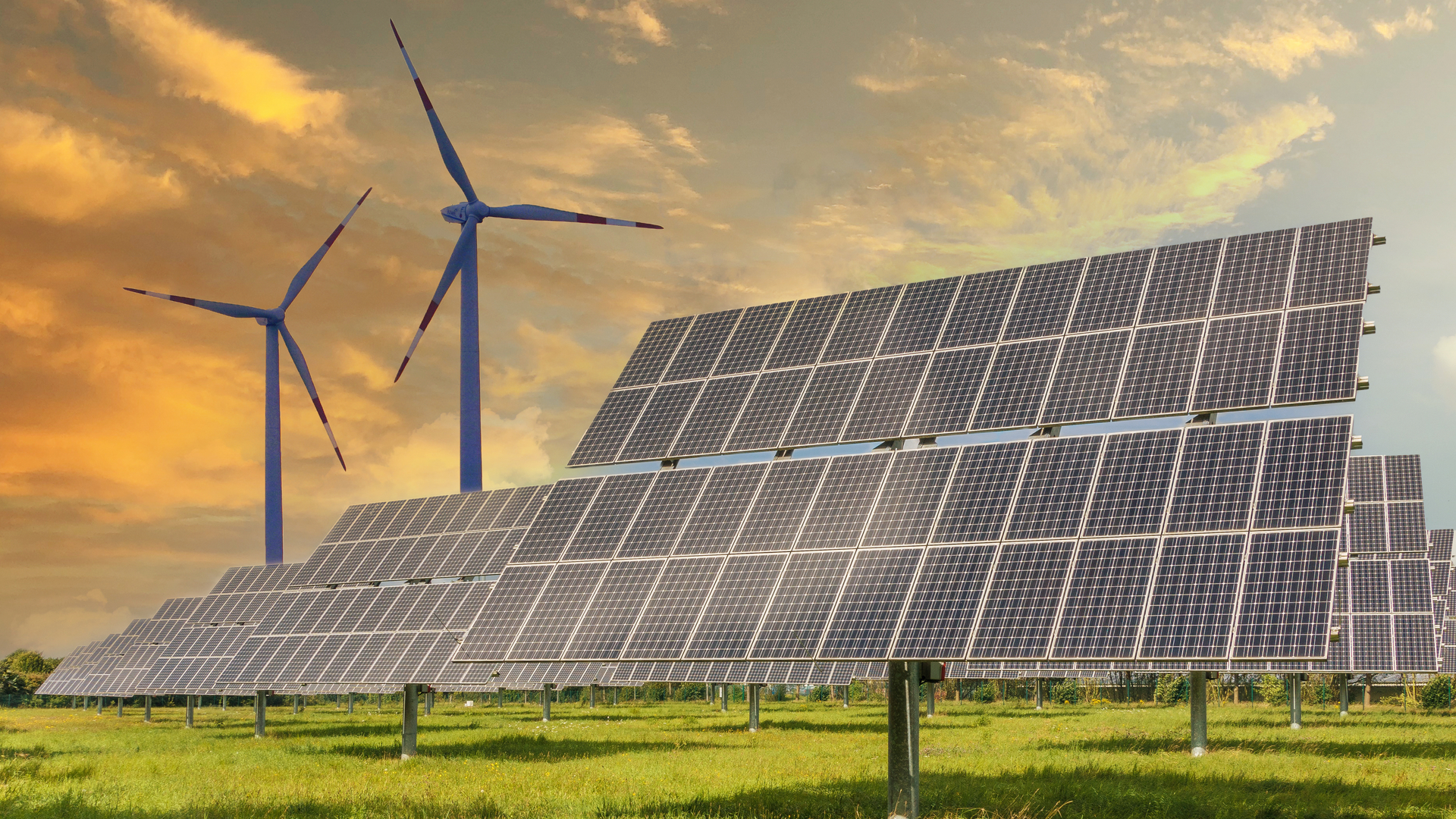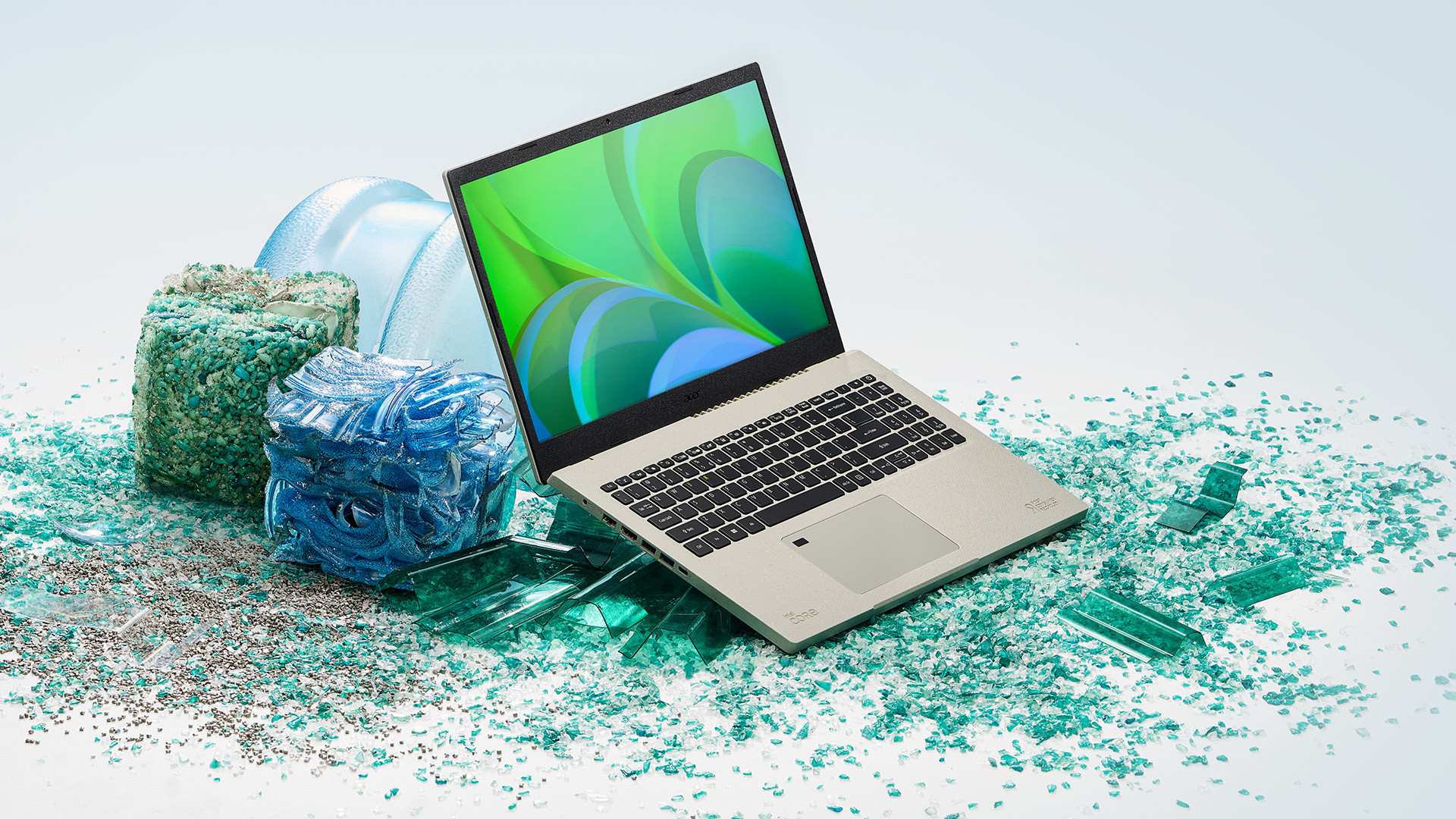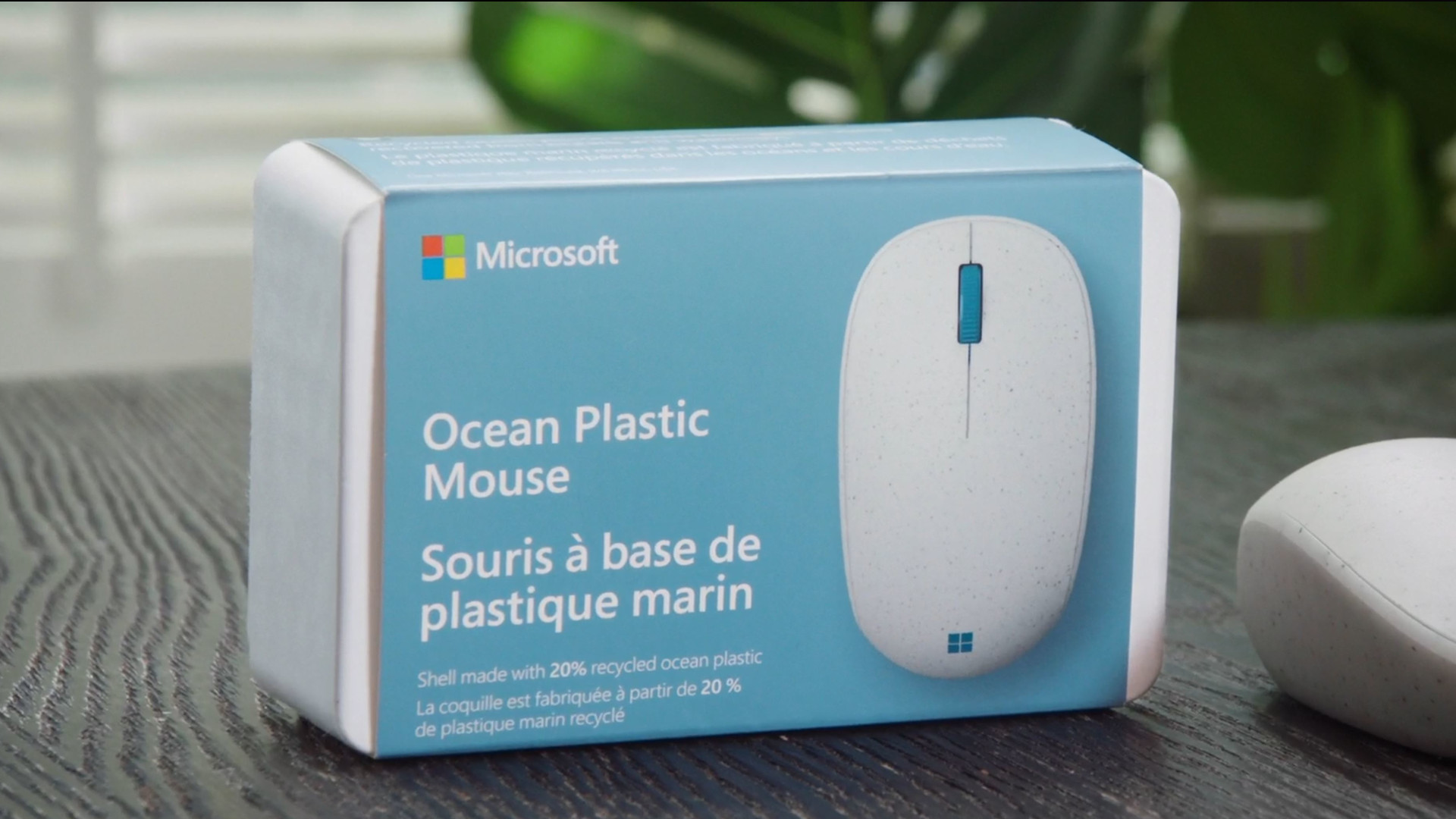This Windows 11 update is trying to save the world
Who knew your operating system could be more sustainable

Sign up for breaking news, reviews, opinion, top tech deals, and more.
You are now subscribed
Your newsletter sign-up was successful
The latest Windows Insider preview is testing a feature that could make future upgrades to Windows 11 more sustainable. While this is currently still in the testing stages, Insider build 22567 includes the ability to schedule system updates for specific periods of time when your local energy grid is pulling more energy from renewable energy sources than traditionally harmful ones.
To do this, Microsoft will take regional data on carbon intensity from sites like electricityMap and WattTime, and you’ll only be able to enable it if your laptop or PC is plugged into an outlet. If preferred, you can still choose to install updates immediately by navigating to Settings > Windows Update and choosing “Check for Updates”
On the Insider Blog, Microsoft states that “Most electrical grids are powered by multiple sources, including renewables and fossil fuels. Whenever possible, Windows 11 will now prioritize installing updates in the background at times when greater amounts of clean energy sources (like wind, solar, and hydro) are available”
You'll see a small message in the Windows Update section of your settings that reads "Windows Update is committed to reducing carbon emissions", but this doesn't think to anywhere just yet. Interestingly, the blog also mentions "We’re still working on the content that the text links to – stay tuned for future updates" so we have reached out to Microsft to see if we can get some clarification.
Sadly, If the carbon data isn’t available, it doesn’t look like this feature will be available to you and the blog also notes that not all Insider members will have access to this feature just yet, but it certainly feels like a step in the right direction, even if it’s a small one.
Technology is unavoidable, so we must do better

Modern technology uses a lot of power. It’s sometimes a hard pill to swallow for people who love the latest gadgets and hardware, especially if you’re as eco-conscious as I am, but our drive to constantly improve and build upon previous technology now means that we consume more electricity and energy than ever.
I want to see more companies pushing developments like this. It often feels as though in this new world where every aspect of our lives can be dominated by technology - from video gaming hobbies, daily mobile phone usage and now even smart home technology running 24/7 in our houses and apartments - the only alternative for a clear conscious is to simply avoid it all and live in the woods somewhere off-grid.
Sign up for breaking news, reviews, opinion, top tech deals, and more.
As appealing as that can sound at times when you just want to escape, it's not a healthy or practical way of approaching the situation for everyone. Technology is here to stay, and without building in environmentally-conscious policies and features into things as they develop, things could quickly get out of hand.
It feels slightly ridiculous that an operating system needs to make adjustments towards sustainability, but I’m grateful that something this small (in the grand scheme of things) is also making an effort. Microsoft is a huge company, and its actions not only set a good example to other smaller brands, but the number of people across the wider market that will use Windows 11 is only going to grow as older operating systems start getting phased out.
We obviously need to be making changes to our daily habits as individuals, but most of these are facilitated by what we have access to - you can’t be expected to buy an electric car with sufficient charging infrastructure for example, and in many regards, we’re entering a future in which anyone who doesn’t have access to devices like laptops or tablets will be at a huge disadvantage within the workplace and education.
Not everything is 'greenwashing'

Microsoft already makes many notable pledges towards sustainability and ethical working, using recycled marine plastics to create peripherals like mice. It also works towards creating a more equal space across both work and play, creating adaptive controllers for the Xbox console series and implementing inclusive features across its entire hardware and software range to help the disabled community.
There's a lot to cover in that bracket, but if you feel disadvantaged using mainstream technology because of things like mental illness and neurodivergent, or physical disabilities that affect your hearing, vision and mobility then you can read more on the accessibility section of the Microsoft website.
That said, there’s always more to be done, and I fear that a recent trend of ‘greenwashing’ has only thrown additional spanners in the works. For those unaware, greenwashing refers to a marketing tactic where brands will use sustainability or otherwise ecologically virtuous features to sell their products. Think 'bio-degradable' bags that actually take decades to break down into dangerous microplastics.
I’ve spoken to companies like Dell and Razer about its own sustainability pledges in the past, and who were keen to prove that its efforts come from a place of genuine care and concern for our planet and its people, but there will always be those that are happy to label any work towards a more sustainable future as greenwashing to appease the public.
I also like to take things with a healthy dose of skepticism, but I fear that condemning any and all efforts to improve on current policies will demotivate privately-owned companies from making any additional improvements in the future. Let’s not settle for just the bare minimum, but let's also use our common sense and not sabotage genuine efforts towards improving our planet for the generations that will inherit it.
Can Microsoft be doing more? Absolutely, and as one of the driving forces in computing alongside Apple, I demand additional features and policies to reduce carbon emissions, as well as proof of ethical material sourcing and manufacturing, and a promise that the desire for profits won’t come at the detriment of our planet’s health. My expectations are kept low, but I remain hopeful that our pursuit of fresh technology won’t be a driving force behind ecological collapse.

Jess is a former TechRadar Computing writer, where she covered all aspects of Mac and PC hardware, including PC gaming and peripherals. She has been interviewed as an industry expert for the BBC, and while her educational background was in prosthetics and model-making, her true love is in tech and she has built numerous desktop computers over the last 10 years for gaming and content creation. Jess is now a journalist at The Verge.